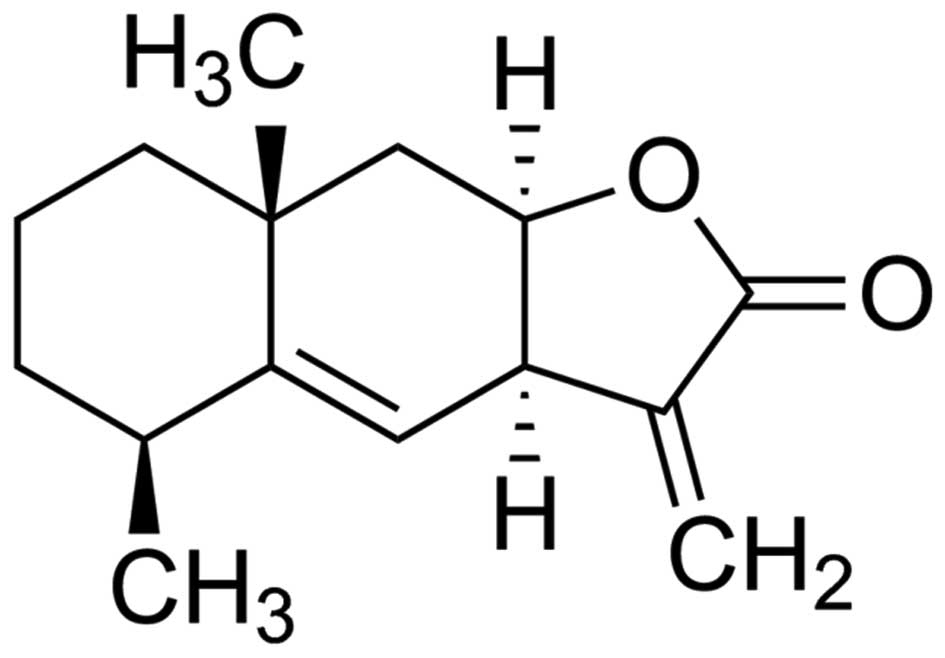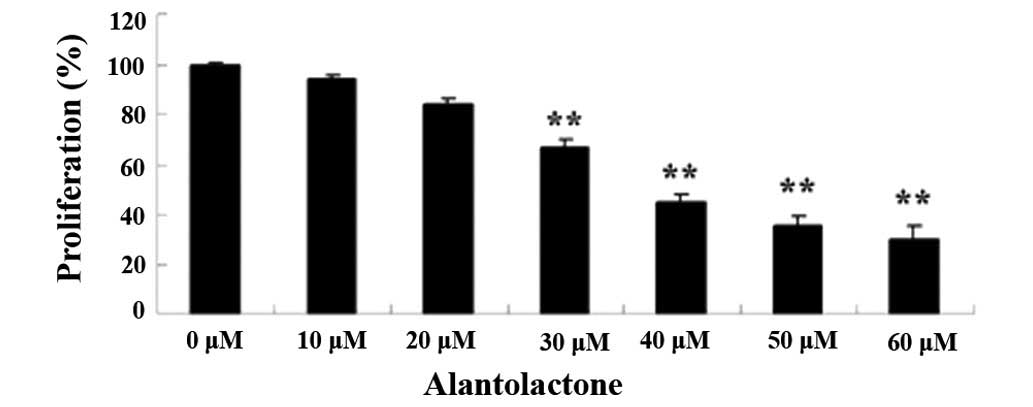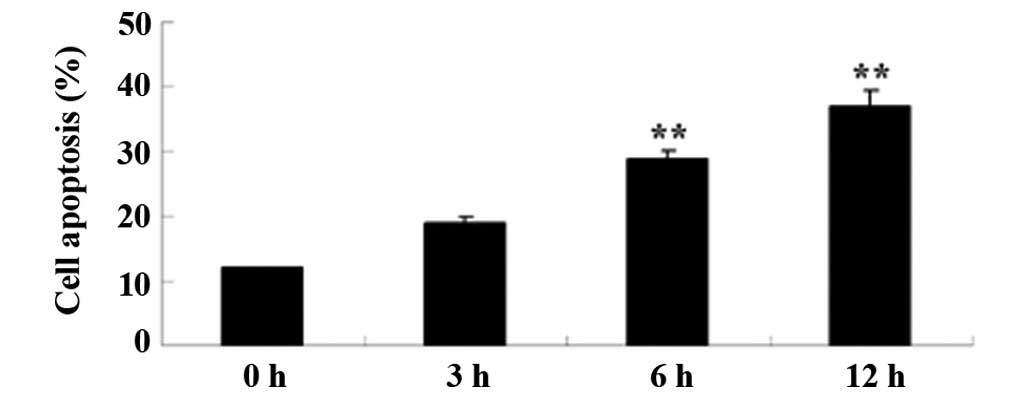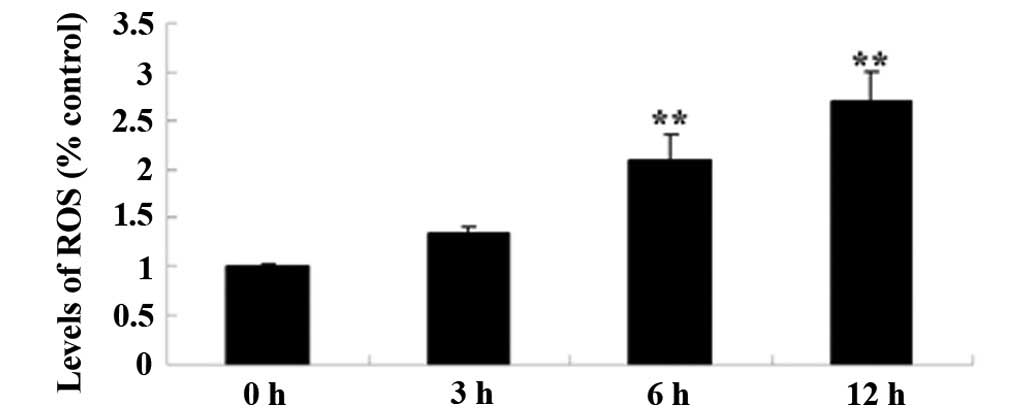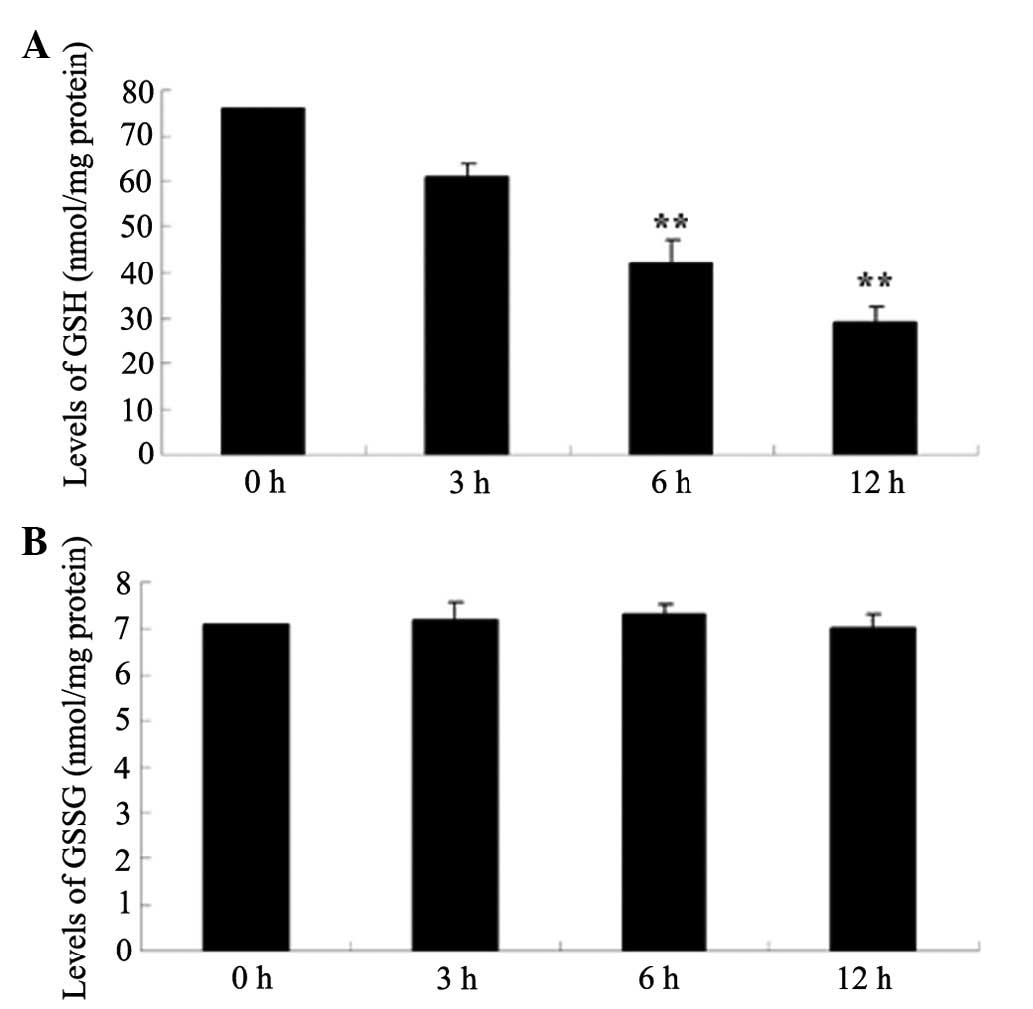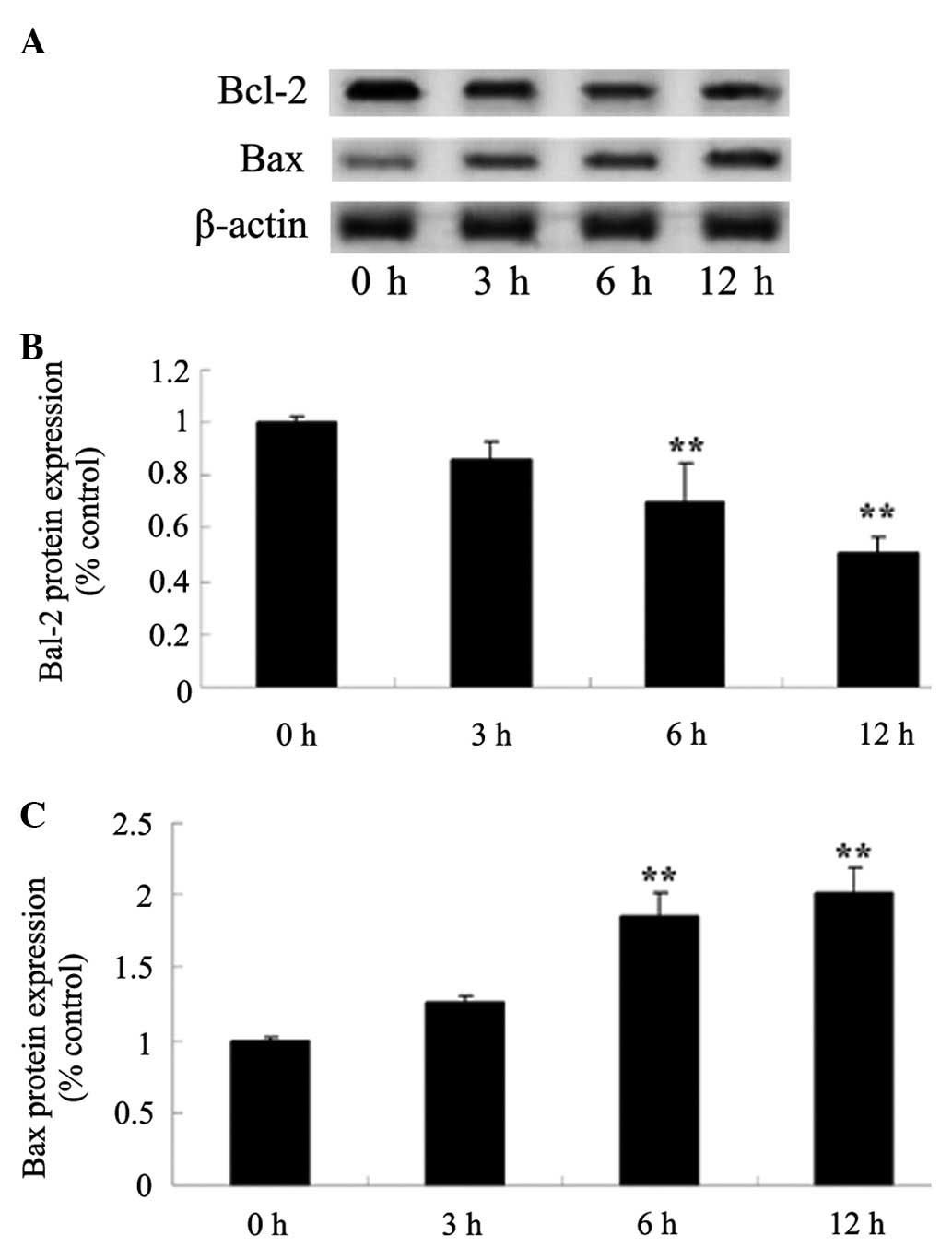|
1.
|
Yau Hsiung W and Abdul Kadir H: Leea
indica ethyl acetate fraction induces growth-inhibitory effect
in various cancer cell lines and apoptosis in ca ski human cervical
epidermoid carcinoma cells. Evid Based Complement Alternat Med.
2011:2930602011.PubMed/NCBI
|
|
2.
|
Einck JP, Hudson A, Shulman AC, Yashar CM,
Dieng MM, Diagne M, Gueye L, Gningue F, Gaye PM, Fisher BJ, et al:
Implementation of a high-dose-rate brachytherapy program for
carcinoma of the cervix in Senegal: A pragmatic model for the
developing world. Int J Radiat Oncol Biol Phys. 89:462–467. 2014.
View Article : Google Scholar : PubMed/NCBI
|
|
3.
|
Misra JS, Srivastava AN and Das V: Single
life time cytological screening in high risk women as an economical
and feasible approach to control cervical cancer in developing
countries like India. Asian Pac J Cancer Prev. 16:859–862. 2015.
View Article : Google Scholar : PubMed/NCBI
|
|
4.
|
Di Gao Z, Pan Q, Lv H, Sun Y, Ma X, Qin Z
and Sun YP: HPV genotypes in paraffin sections of non-cervical
squamous cell carcinoma in Qingdao of China. Oncol Lett.
5:1219–1222. 2013.PubMed/NCBI
|
|
5.
|
Bigoni J, Gundar M, Tebeu PM, Bongoe A,
Schäfer S, Fokom-Domgue J, Catarino R, Tincho EF, Bougel S,
Vassilakos P and Petignat P: Cervical cancer screening in
sub-Saharan Africa: A randomized trial of VIA versus cytology for
triage of HPV-positive women. Int J Cancer. 137:127–134. 2015.
View Article : Google Scholar : PubMed/NCBI
|
|
6.
|
Gerli S, Bavetta F and Di Renzo GC:
Antisepsis regimen in the surgical treatment of HPV generated
cervical lesions: Polyhexamethylene biguanide vs chlorhexidine. A
randomized, double blind study. Eur Rev Med Pharmacol Sci.
16:1994–1998. 2012.PubMed/NCBI
|
|
7.
|
Rodriguez EF, Reynolds JP, Jenkins SM,
Winter SM, Henry MR and Nassar A: Atypical squamous cells of
undetermined significance in patients with HPV positive DNA testing
and correlation with disease progression by age group: An
institutional experience. Int J Clin Exp Pathol. 5:428–435.
2012.PubMed/NCBI
|
|
8.
|
Xiang T, Du L, Pham P, Zhu B and Jiang S:
Nelfinavir, an HIV protease inhibitor, induces apoptosis and cell
cycle arrest in human cervical cancer cells via the ROS-dependent
mitochondrial pathway. Cancer Lett. 364:79–88. 2015. View Article : Google Scholar : PubMed/NCBI
|
|
9.
|
Singh M, Bhui K, Singh R and Shukla Y: Tea
polyphenols enhance cisplatin chemosensitivity in cervical cancer
cells via induction of apoptosis. Life Sci. 93:7–16. 2013.
View Article : Google Scholar : PubMed/NCBI
|
|
10.
|
Dupuis G, Mitchell JC and Towers GH:
Reaction of alantolactone, an allergenic sesquiterpene lactone,
with some amino acids. Resultant loss of immunologic reactivity.
Can J Biochem. 52:575–581. 1974. View
Article : Google Scholar : PubMed/NCBI
|
|
11.
|
Yao Y, Xia D, Bian Y, Sun Y, Zhu F, Pan B,
Niu M, Zhao K, Wu Q, Qiao J, et al: Alantolactone induces G1 phase
arrest and apoptosis of multiple myeloma cells and overcomes
bortezomib resistance. Apoptosis. 20:1122–1133. 2015. View Article : Google Scholar : PubMed/NCBI
|
|
12.
|
Zhang J, Li Y, Duan D, Yao J, Gao K and
Fang J: Inhibition of thioredoxin reductase by alantolactone
prompts oxidative stress-mediated apoptosis of HeLa cells. Biochem
Pharmacol. 2015.(In press).
|
|
13.
|
Lim HS, Jin SE, Kim OS, Shin HK and Jeong
SJ: Alantolactone from Saussurea lappa exerts
antiinflammatory effects by inhibiting chemokine production and
STAT1 phosphorylation in TNF-α and IFN-γ-induced in HaCaT cells.
Phytother Res. 29:1088–1096. 2015. View
Article : Google Scholar : PubMed/NCBI
|
|
14.
|
Ketai W, Huitao L, Yunkun Z, Xingguo C,
Zhide H, Yucheng S and Xiao M: Separation and determination of
alantolactone and isoalantolactone in traditional Chinese herbs by
capillary electrophoresis. Talanta. 52:1001–1005. 2000. View Article : Google Scholar : PubMed/NCBI
|
|
15.
|
Khan M, Yi F, Rasul A, Li T, Wang N, Gao
H, Gao R and Ma T: Alantolactone induces apoptosis in glioblastoma
cells via GSH depletion, ROS generation, and mitochondrial
dysfunction. IUBMB Life. 64:783–794. 2012. View Article : Google Scholar : PubMed/NCBI
|
|
16.
|
Jarrett SG, Albon J and Boulton M: The
contribution of DNA repair and antioxidants in determining cell
type-specific resistance to oxidative stress. Free Radic Res.
40:1155–1165. 2006. View Article : Google Scholar : PubMed/NCBI
|
|
17.
|
Liao S, Xiao S, Zhu G, Zheng D, He J, Pei
Z, Li G and Zhou Y: CD38 is highly expressed and affects the
PI3K/Akt signaling pathway in cervical cancer. Oncol Rep.
32:2703–2709. 2014.PubMed/NCBI
|
|
18.
|
Levin CE, Sharma M, Olson Z, Verguet S,
Shi JF, Wang SM, Qiao YL, Jamison DT and Kim JJ: An extended
cost-effectiveness analysis of publicly financed HPV vaccination to
prevent cervical cancer in China. Vaccine. 33:2830–2841. 2015.
View Article : Google Scholar : PubMed/NCBI
|
|
19.
|
Shi Y, Bao YL, Wu Y, Yu CL, Huang YX, Sun
Y, Zheng LH and Li YX: Alantolactone inhibits cell proliferation by
interrupting the interaction between Cripto-1 and activin receptor
type II A in activin signaling pathway. J Biomol Screen.
16:525–535. 2011. View Article : Google Scholar : PubMed/NCBI
|
|
20.
|
Khan M, Li T, Khan Ahmad MK, Rasul A,
Nawaz F, Sun M, Zheng Y and Ma T: Alantolactone induces apoptosis
in HepG2 cells through GSH depletion, inhibition of STAT3
activation, and mitochondrial dysfunction. BioMed Res Int.
2013:7198582013. View Article : Google Scholar : PubMed/NCBI
|
|
21.
|
Yang J, Xiao YL, He XR, Qiu GF and Hu XM:
Aesculetin-induced apoptosis through a ROS-mediated mitochondrial
dysfunction pathway in human cervical cancer cells. J Asian Nat
Prod Res. 12:185–193. 2010. View Article : Google Scholar : PubMed/NCBI
|
|
22.
|
He L, Nan MH, Oh HC, Kim YH, Jang JH,
Erikson RL, Ahn JS and Kim BY: Asperlin induces G2/M
arrest through ROS generation and ATM pathway in human cervical
carcinoma cells. Biochem Biophys Res Commun. 409:489–493. 2011.
View Article : Google Scholar : PubMed/NCBI
|
|
23.
|
Agostinelli E and Seiler N:
Non-irradiation-derived reactive oxygen species (ROS) and cancer:
Therapeutic implications. Amino Acids. 31:341–355. 2006. View Article : Google Scholar : PubMed/NCBI
|
|
24.
|
Zhang Y, Bao YL, Wu Y, Yu CL, Huang YX,
Sun Y, Zheng LH and Li YX: Alantolactone induces apoptosis in RKO
cells through the generation of reactive oxygen species and the
mitochondrial pathway. Mol Med Rep. 8:967–972. 2013.PubMed/NCBI
|
|
25.
|
Kim YT, Kim SW, Yoon BS, Cho HJ, Nahm EJ,
Kim SH, Kim JH and Kim JW: Effect of intravenously administered
iron sucrose on the prevention of anemia in the cervical cancer
patients treated with concurrent chemoradiotherapy. Gynecol Oncol.
105:199–204. 2007. View Article : Google Scholar : PubMed/NCBI
|
|
26.
|
Srivastava K, Paul S, Chufal KS,
Shamsundar SD, Lal P, Pant MC, Bhatt M, Singh S and Gupta R:
Concurrent chemoradiation versus radiotherapy alone in cervical
carcinoma: A randomized phase III trial. Asia Pac J Clin Oncol.
9:349–356. 2013. View Article : Google Scholar : PubMed/NCBI
|
|
27.
|
Fan S, Yu Y, Qi M, Sun Z, Li L, Yao G,
Tashiro S, Onodera S and Ikejima T: P53-mediated GSH depletion
enhanced the cytotoxicity of NO in silibinin-treated human cervical
carcinoma HeLa cells. Free Radic Res. 46:1082–1092. 2012.
View Article : Google Scholar : PubMed/NCBI
|
|
28.
|
Kwaśniewska A, Tukendorf A and Semczuk M:
Frequency of HPV infection and GSH levels in plasma of women with
cervical dysplasia. Eur J Gynaecol Oncol. 18:196–199.
1997.PubMed/NCBI
|
|
29.
|
Moon HJ and Park WH: Butylated
hydroxyanisole inhibits the growth of HeLa cervical cancer cells
via caspase-dependent apoptosis and GSH depletion. Mol Cell
Biochem. 349:179–186. 2011. View Article : Google Scholar : PubMed/NCBI
|
|
30.
|
Chan HW, Liu T, Verdile G, Bishop G, Haasl
RJ, Smith MA, Perry G, Martins RN and Atwood CS: Copper induces
apoptosis of neuroblastoma cells via post-translational regulation
of the expression of Bcl-2-family proteins and the tx mouse is a
better model of hepatic than brain Cu toxicity. Int J Clin Exp Med.
1:76–88. 2008.PubMed/NCBI
|
|
31.
|
Li J, Wang H, Ma Z, Fan W, Li Y, Han B,
Zhang Z and Wang J: TAT-Apoptin induces apoptosis in the human
bladder cancer EJ cell line and regulates Bax, Bcl-2, caspase-3 and
survivin expression. Exp Ther Med. 3:1033–1038. 2012.PubMed/NCBI
|
|
32.
|
Ji M, Yuan L, Lv X, Dong W and Peng X:
EBP50 regulates the apoptosis of pancreatic cancer cells by
decreasing the expression levels of Bcl-2. Exp Ther Med. 8:919–924.
2014.PubMed/NCBI
|
|
33.
|
Mi XG, Song ZB, Wu P, Zhang YW, Sun LG,
Bao YL, Zhang Y, Zheng LH, Sun Y, Yu CL, et al: Alantolactone
induces cell apoptosis partially through down-regulation of
testes-specific protease 50 expression. Toxicol Lett. 224:349–355.
2014. View Article : Google Scholar : PubMed/NCBI
|
|
34.
|
Zhao P, Pan Z, Luo Y, Zhang L, Li X, Zhang
G, Zhang Y, Cui R, Sun M and Zhang X: Alantolactone induces
apoptosis and cell cycle arrest on lung squamous cancer SK-MES-1
cells. J Biochem Mol Toxicol. 29:199–206. 2015. View Article : Google Scholar : PubMed/NCBI
|















